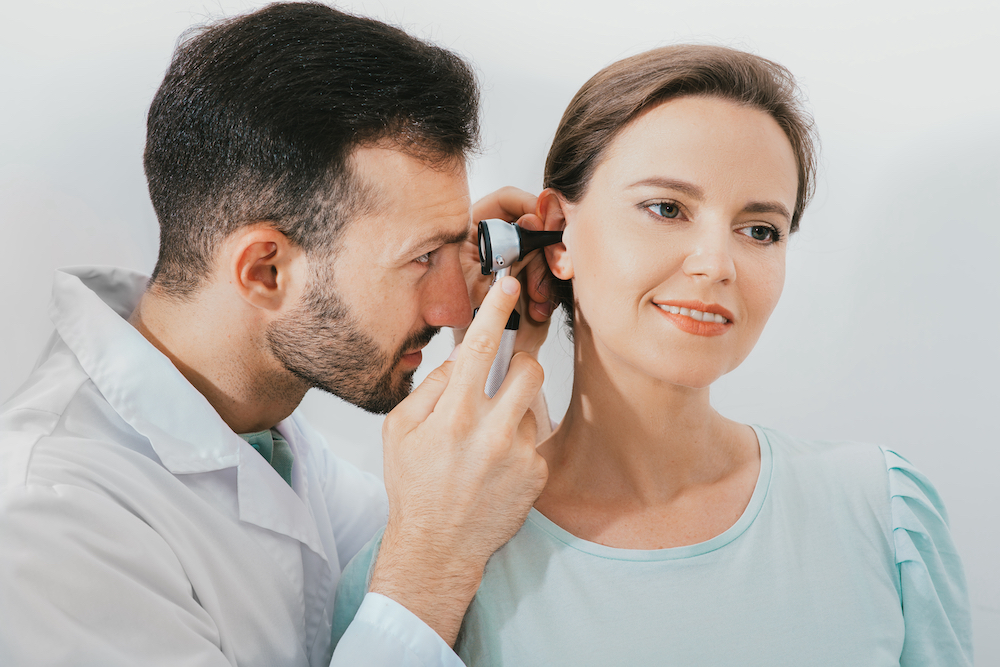How to Choose Hearing Aids for an Active Lifestyle
If you enjoy hiking, playing tennis, working in your garden or


If you enjoy hiking, playing tennis, working in your garden or

Hearing loss can make understanding speech difficult. You may notice that

In the world of hearing care, it’s important to trust the right